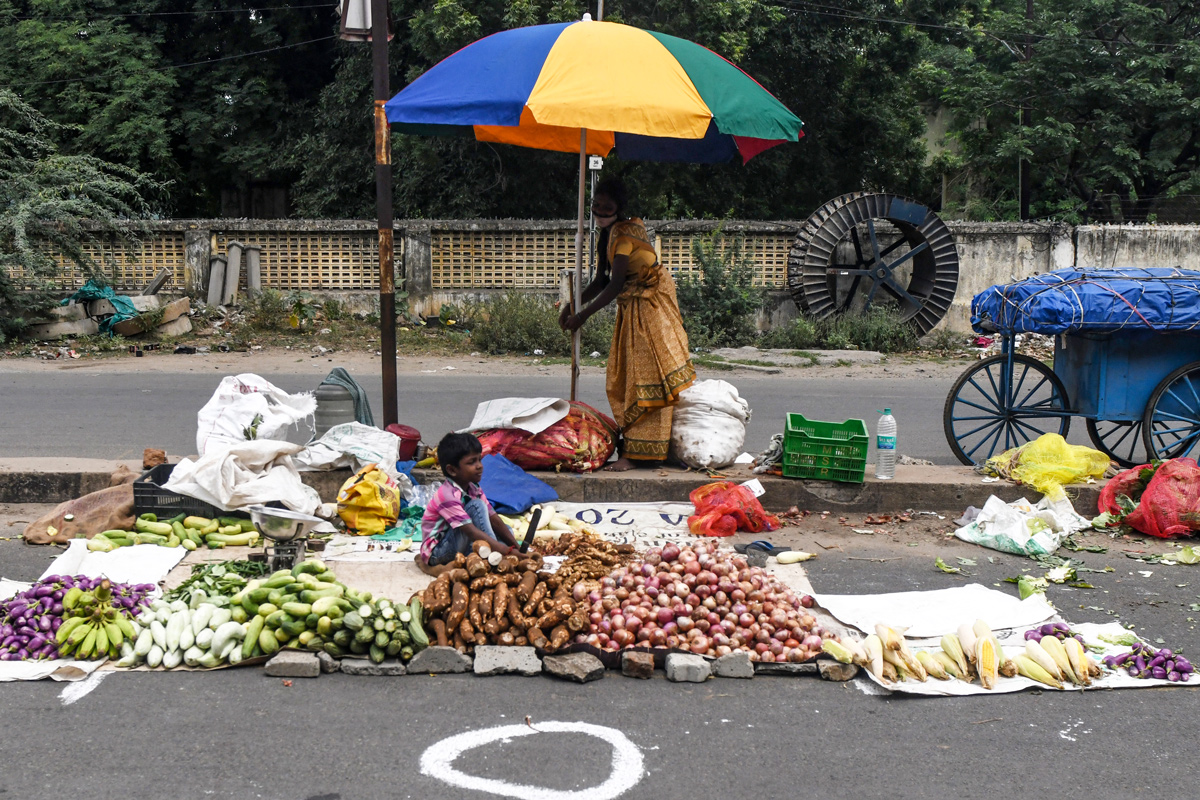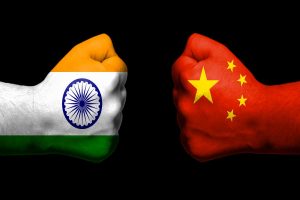The Reserve Bank of India (RBI) has pegged retail inflation for the April-June quarter of the current financial year at 5.2 per cent.
Announcing the first Monetary Policy for FY22, RBI Governor Shaktikanta Das said that the consumer price index (CPI) inflation for the fourth quarter of the last fiscal has been revised to 5 per cent.
He noted that the evolving CPI inflation trajectory is likely to be subjected to both upside and downside pressures.
“The bumper foodgrains production in 2020-21 should sustain softening of cereal prices going forward, while the prices of pulses, particularly tur and urad, remain elevated, the incoming rabi harvest arrivals in the markets and the overall increase in domestic production in 2020-21 should augment supply which, along with imports, should enable some softening of these prices going forward,” he said.
The RBI Governor added that while edible oils inflation has been ruling at heightened levels with international prices remaining firm, reduction of import duties and appropriate incentives to enhance productivity domestically could work towards a better demand-supply balance over the medium-term.
Suggesting that the states the Centre should take steps to control the rising fuel prices, Das said: “Pump prices of petroleum products have remained high. Reduction of excise duties and cesses and state level taxes could provide some relief to consumers on top of the recent easing of international crude prices. This could slow down the propagation of second round effects.”
The impact of high international commodity prices and increased logistics costs are being felt across manufacturing and services, he added.
Finally, inflation expectations of urban households one year ahead showed a marginal increase over the three months ahead horizon according to the RBI’s March 2021 survey.
“Taking into consideration all these factors, CPI inflation is now projected as 5.0 per cent in Q4:2020- 21; 5.2 per cent in Q1:2021-22, 5.2 per cent in Q2, 4.4 per cent in Q3 and 5.1 per cent in Q4, with risks broadly balanced.”
The Monetary Policy Committee at its meeting on Wednesday decided to keep the policy repo rate under the liquidity adjustment facility (LAF) unchanged at 4.0 per cent.












